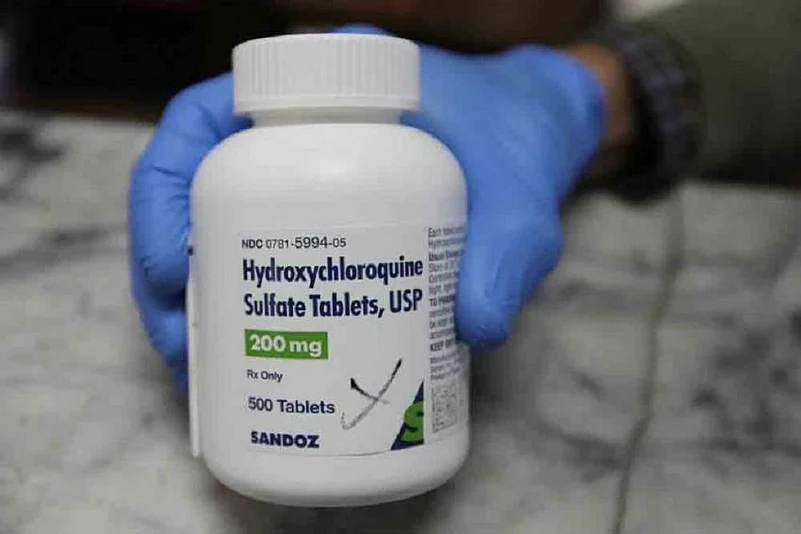The World Health Organization (WHO) announced on Saturday that it was discontinuing hydroxychloroquine and lopinavir/ritonavir arms for its Solidarity Trial, citing little or no reduction in the mortality of hospitalised Covid-19 patients.
The WHO said the decision was in light of the evidence from the Solidarity Trial interim results.
"These interim trial results show that hydroxychloroquine and lopinavir/ritonavir produce little or no reduction in the mortality of hospitalized Covid-19 patients when compared to standard of care. Solidarity trial investigators will interrupt the trials with immediate effect," the WHO said in a press release, Xinhua reported.
But the organization said this decision applies only to hospitalized patients and does not affect the possible evaluation in other studies of hydroxychloroquine or lopinavir/ritonavir in non-hospitalised patients or as pre- or post-exposure prophylaxis for Covid-19.
The Solidarity Trial was established by the WHO in March to find an effective Covid-19 treatment for hospitalised patients. It was originally designed to have five trial arms, including standard or usual care provided to Covid-19 patients, remdesivir, lopinavir/ritonavir combined, lopinavir/ritonavir combined with interferon beta, and hydroxychloroquine or chloroquine.
By enrolling patients in multiple countries, the Solidarity Trial aims to rapidly discover whether any of the drugs slow disease progression or improve survival.





















